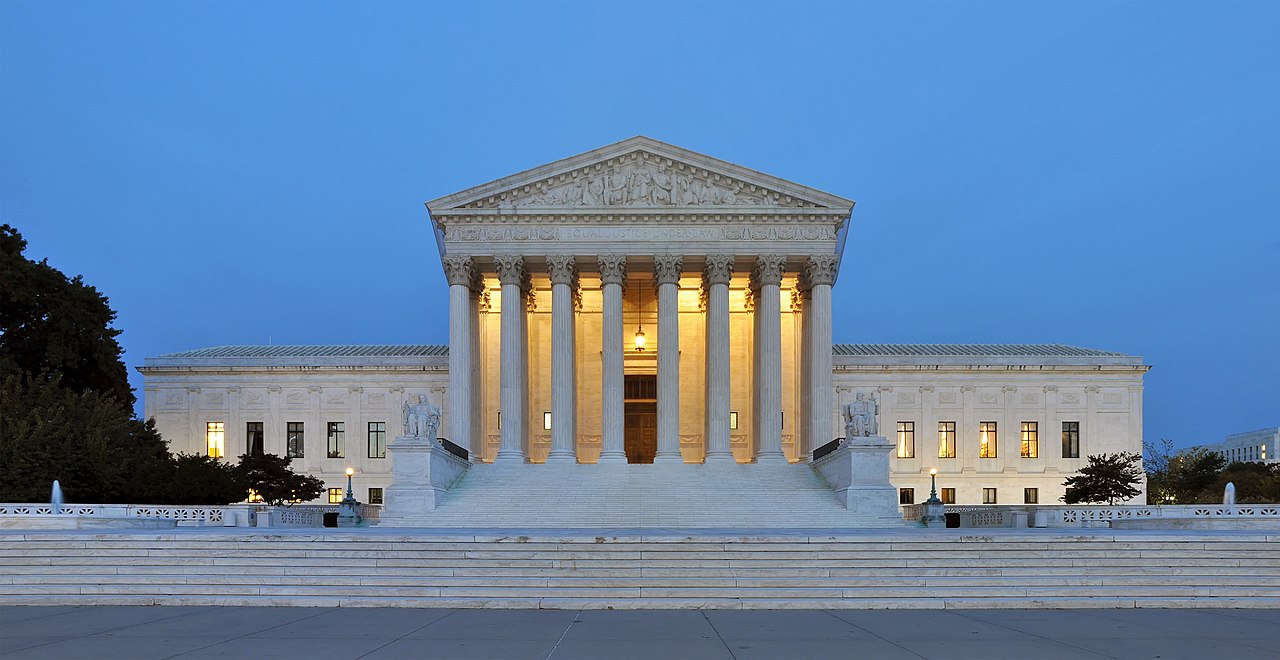|
Now that the Supreme Court has concluded its 2020 term, we want to give a quick update about our legal efforts to protect privacy and strengthen Fourth Amendment protections.
In September 2019, the Project for Privacy and Surveillance Accountability filed our first Supreme Court brief. We urged the Court to grant a case now called Americans for Prosperity Foundation v. Bonta. We demonstrated that the Ninth Circuit failed to apply the appropriate standard of scrutiny in a challenge against a California requirement that any charity operating in California disclose the names of its donors. We also demonstrated that California has no important interest in collecting such information. As we advocated, the Supreme Court granted the case and earlier this month reversed the Ninth Circuit, finding the disclosure requirement facially unconstitutional. In another 2019 case challenging the same donor requirement, now called Institute for Free Speech v. Bonta, PPSA filed a brief urging the Court to hear the case. We demonstrated that the government has a long history of abusing information in its control. Here again, the Court agreed to hear the case and, because of Americans for Prosperity Foundation, it vacated the lower court’s opinion and remanded the case for further consideration. We also had a great term in argued cases in which we filed briefs. In two such cases, Caniglia v. Strom and Lange v. California, PPSA filed briefs arguing for a proper interpretation of the Fourth Amendment’s warrant requirement. Both in our Caniglia brief and in our Lange brief, PPSA demonstrated that the home has always been the first among equals in Fourth Amendment cases. Caniglia asked whether a judge-made doctrine called the community-caretaking exception to the warrant requirement extended to the home. Lange, for its part, asked whether the warrant requirement had an exception when a person suspected of a misdemeanor flees into his home. In both cases, PPSA demonstrated robust home protections are based in common law. And in both cases, the Supreme Court adopted the protections PPSA advocated. We stood out among civil liberties organizations by demonstrating that should the Court weaken the protections historically afforded the home, it would logically weaken protections everywhere else, especially personal data on digital devices. After all, if police can enter a home without a warrant, what’s to keep them out of your iPhone? Although Caniglia was a short opinion—only a few pages--Lange was much longer. As we have previously reported, Lange not only agreed with us on the ultimate outcome, but also cited many of the same common-law sources as our brief. We find it encouraging that the Court looked to the history and tradition of the Fourth Amendment. Finally, one of the cases PPSA filed a brief in, ACLU v. United States, is still pending before the Court. That case asks whether the Foreign Intelligence Surveillance Court, a court that acts in secret, has discretion to release its own opinions. We showed that if it does not, then the people will lose one important way to hold the government accountable for the surveillance that it does in our name. We hope that the Court will agree to hear this case sometime next term. In sum, we’ve had a busy—and successful—term advocating for strong Fourth Amendment protections and government accountability. We look forward to continuing our efforts in the coming term. Comments are closed.
|
Categories
All
|


 RSS Feed
RSS Feed